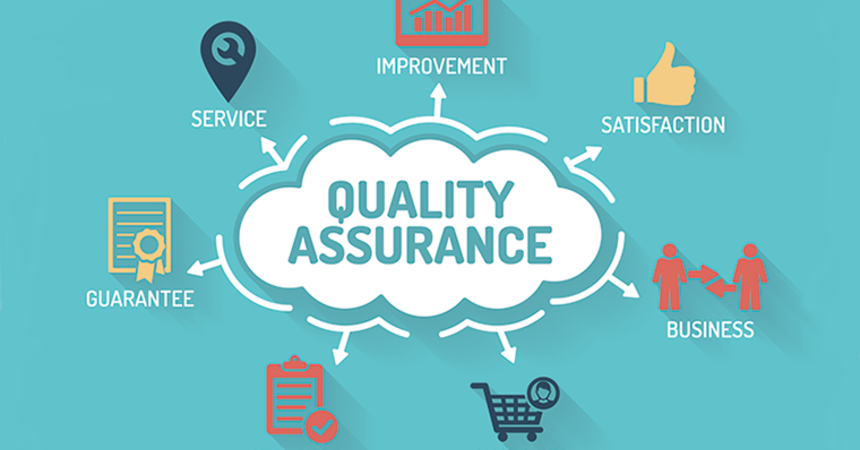It’s a common practice when foreign manufacturers start their way to open a new market area by searching for clients, business partners or distributors. And this makes sense of course. However, after finding a proper clientele in this or that area and signing a supply contract, being elated by success most of the manufacturers forget out and away about an extremely important issue – certification. And that negligence may cause rather unpleasant or even damaging consequences. What if right before the delivery your product appears not to be in compliance with the requirements of the importing country?
We’ve had a number of cases similar to what is described above. For example, one company was about to export extremely nice dresses for 6-year-old girls. Client is found, contract is signed, delivery is planned. Certification didn’t seem a big deal for the manufacturer apparently. Alas it didn’t go as simple as expected. It is a well-known fact that the requirements to the quality of products for children are very strict – which is absolutely right and fair on the one hand but brings a lot of difficulties for producers on the other one. Thus, clothes for kids should contain the least possible amount of the synthetic fiber and that is why a great amount of the clothing items do not pass the tests at laboratories during the certification process. The reason is quite simple. Clothes with an inappropriately high percentage of the synthetic fiber cannot successfully pass the tests on hygroscopic rates (the ability of the fabric to absorb water). Therefore, the tests end up with a negative test report meaning that the product’s quality does not meet the requirements of GOST. It is clear that no certificate can be issued for such a product.
So what can a manufacturer do to solve this problem and fight their way to the market? Please don’t worry - one mistake does not block your market access forever. Even if the first experience was not positive, the producer is free to modify the product in accordance with the test report’s commentaries and send it for testing again. If all the defects are fixed –the much-awaited certificate of conformity will finally be issued.
That is why we strongly recommend the manufacturers to start the market entry procedures with certification of their products in order to avoid unpleasant and nerve-wracking situations. Being assured your product’s quality complies with the requirements of the importing country, you may sign agreements with customers and plan deliveries confidently.
By Maria Lazba
Account Manager
WorldWideBridge LLC
